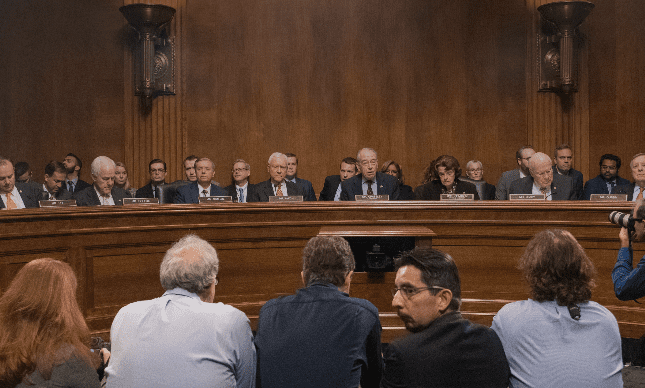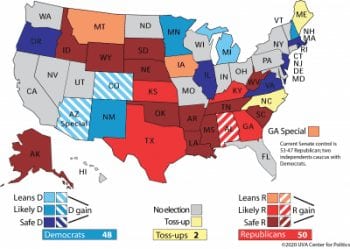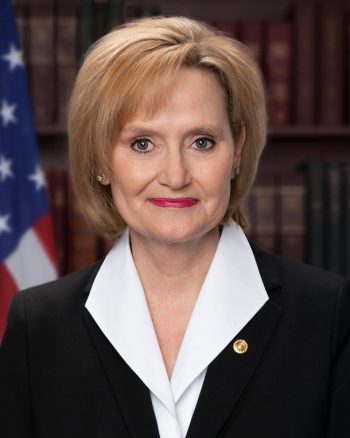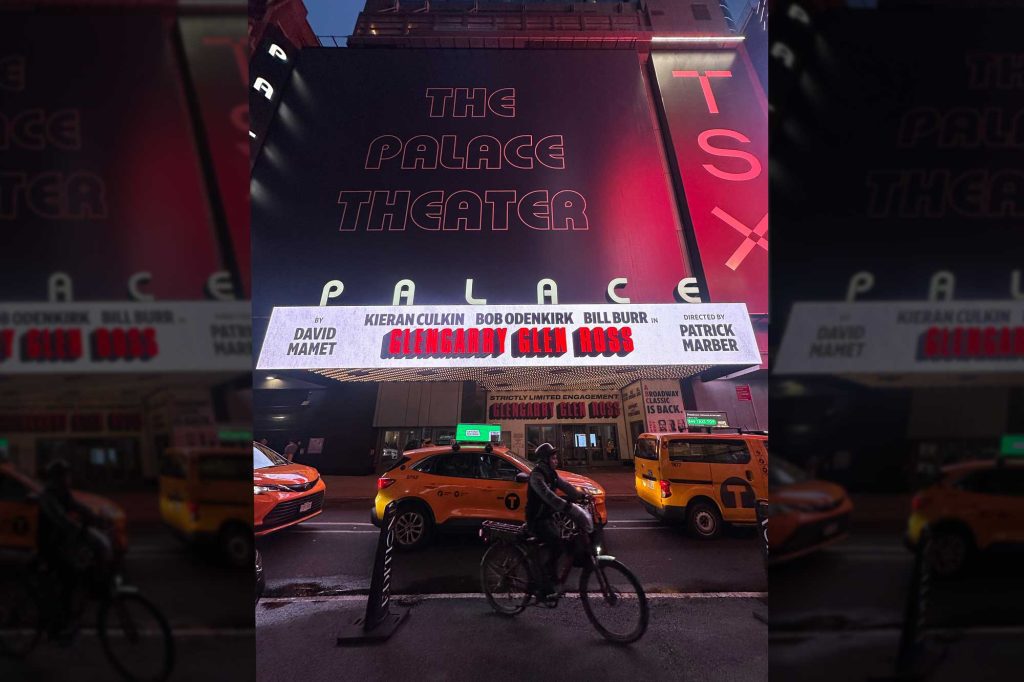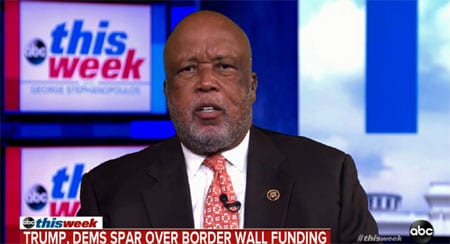
In a release on Wednesday, the Chairman of the U.S. House Committee on Homeland Security, Mississippi 2nd District Congressman Bennie Thompson (D) announced legislation he will be introducing in the coming days to establish an independent, bipartisan, Congressionally-chartered commission to produce a full and complete accounting of the nation’s preparedness and response to the novel coronavirus pandemic (COVID-19).

If instituted, the Coronavirus Commission would be modeled after the 9/11 Commission. The group would be charged with identifying and examining lessons learned from the COVID-19 response and producing a public report with recommendations to improve preparedness, response, and recovery from future pandemics.
“While we don’t yet know the full impact the coronavirus will have on the nation, already more Americans have been killed by the virus than died in the September 11, 2001 attacks,” Thompson said in the release. “After those attacks, the 9/11 Commission was established to provide a full accounting of the circumstances surrounding the attacks and the Commission’s recommendations drove massive reforms to how we share intelligence and organize the government to counter terrorist threats.”
Thompson says it is clear that the nation is at another inflection point.
“Americans today will again demand a full accounting of how prepared we were and how we responded to this global public health emergency,” Thompson added. “Americans will need answers on how our government can work better to prevent a similar crisis from happening again. This legislation we are introducing is the first step towards getting this done for the American people.”
The Commission would be comprised of 25 members selected by each Chairman and Ranking Member of 12 relevant Congressional Committees, with one position being filled by the Chairman and Vice Chairman of the Joint Economic Committee. The legislation sets out that not more than 13 members should come from the same political party. The chair and vice chair of the Commission would be from different parties.
Thompson’s legislation would authorize $4 million to carry out the work of the Commission. It also gives the group subpoena power to compel information and testimony at hearings of the Commission.
A report would be published by the Coronavirus Commission not later than 18 months after the initial meeting of the group.
Thompson is not alone in calling for such a Commission. Other House Democrats, such as California’s Adam Schiff has expressed interest in creating a commission to examine the federal government’s response to this pandemic.
Critics of such a Congressional Commission are sure to see this as politically motivated, as yet another opportunity for Speaker Nancy Pelosi’s House Democrats to take a jab at President Donald Trump following their unsuccessful impeachment trial earlier this year as the coronavirus began to spread worldwide.
A source familiar with the House Committee on Homeland Security told Y’all Politics that no opposition to the legislation has emerged yet.
Congressman Thompson and those cosponsoring the legislation to create the Coronavirus Commission are not expecting work to start on this immediately but that the need to begin the process of setting it up seems like a “wise idea” as it will examine not only the Trump Administration’s response but also the actions taken by State, local, Tribal, and territorial governments at critical junctures before and after the World Health Organization (WHO) designated the 2019 novel coronavirus as a public health emergency of international concern on January 30, 2020.
When asked if such a Commission would be investigating the roles of China and the WHO as part of the report, a spokesperson for Congressman Thompson said, “I’m not sure what you mean by ‘role of china.’ The scope of the Commission is laid out in the bill, but could be changed of course.”
Congress has already approved various oversight and accountability mechanisms with the passage of the CARES Act, including studies/reports to identify gaps in response and delivery, inform future decision-making, and better prepare the United States moving forward.
Additionally, most Inspector General offices within agencies throughout the government received supplemental appropriations to enhance auditing and accountability as COVID-19 response programs are implemented.
Department of Defense Inspector General Glenn Fine has been appointed to head the Pandemic Response Accountability Committee (PRAC), which is comprised of 10 Inspector Generals. They are responsible for conducting and coordinating audits and investigations to provide accountability and identify waste, fraud, and abuse in spending under the Act and the response to the coronavirus crisis.
Democrats praised General Fine’s PRAC appointment as part of the CARES Act, with Senate Minority Leader Chuck Schumer saying in a statement that Fine had a “good reputation as a tough federal prosecutor.”
The CARES Act also created a new congressional oversight board responsible for the oversight of the Treasury Department and Federal Reserve as both work to provide economic stability as a result of the coronavirus. This was a provision Democrats insisted on during negotiations.
There will be five members of the Congressional Oversight Commission consisting of one member appointed by each of the following: Speaker of the House, House Majority Leader, Senate Majority Leader, and Senate Minority Leader. The final member would be appointed by the Speaker and Senate Majority Leader in consultation with the Minority Leaders.
The Congressional Oversight Commission may hold hearings, take testimony, and secure from any federal department or agency information it deems necessary to carry out its responsibility. It is required to submit reports to Congress every 30 days, and is set to dissolve on September 30, 2025.
Also, the CARES Act added $20 million to support the independent Government Accountability Office as it assists Congress in conducting oversight of federal spending and other efforts being taken to respond to the pandemic.

Y’all Politics asked the office of Mississippi’s junior U.S. Senator, Cindy Hyde-Smith, about the necessity of oversight and accountability measures being taken by Congress.
“Senator Cindy Hyde-Smith supports the multiple layers of oversight and accountability included in the CARES Act,” a spokesman for the Senator said. “Considering the sheer size and importance of the COVID-19 response bills going through Congress, it is vital that the American people know that waste, fraud, and abuse will not be tolerated.”


